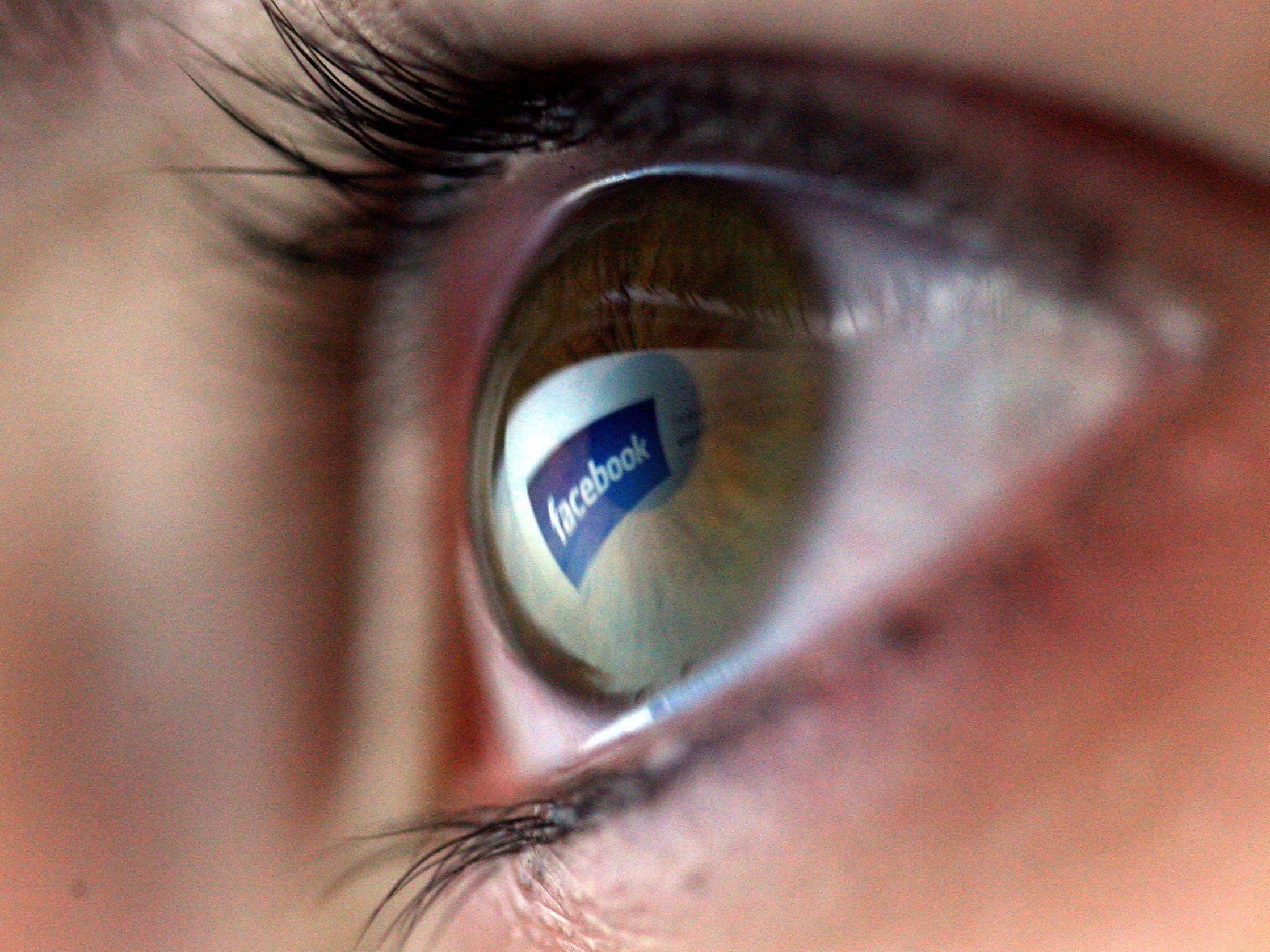Students’ obsession with ‘online image’ shouldn’t be a determinant factor on how they fit into society
Many students are at risk of suffering an ‘identity crisis’ before starting university, begging the question: ‘Can we change our personality so drastically in only 3 months?’

Your support helps us to tell the story
From reproductive rights to climate change to Big Tech, The Independent is on the ground when the story is developing. Whether it's investigating the financials of Elon Musk's pro-Trump PAC or producing our latest documentary, 'The A Word', which shines a light on the American women fighting for reproductive rights, we know how important it is to parse out the facts from the messaging.
At such a critical moment in US history, we need reporters on the ground. Your donation allows us to keep sending journalists to speak to both sides of the story.
The Independent is trusted by Americans across the entire political spectrum. And unlike many other quality news outlets, we choose not to lock Americans out of our reporting and analysis with paywalls. We believe quality journalism should be available to everyone, paid for by those who can afford it.
Your support makes all the difference.The summer holiday gap motivates students to change their online profiles ahead of joining a university group. A pre-judgement commences in these groups, not only from others, but yourself. This obsession with ‘online image’ is who we aspire to be, despite us all knowing it isn’t a realistic perception. Therefore, it is perhaps the effort which is admired, not the individual and their accomplishments.
Online image should not be a determinant factor on how we fit into society. Why must these groups still exist at university? These perceptions of popularity or loners should be left in the playground - heading off into higher education is for growing up. While university appears as a new start for students to reinvent themselves, the dividing groups are still prevalent.
Speaking with the Independent, Izzy, a second-year Oxford student, said she’s not one for trying to reinvent herself: “During freshers’ week, I went out clubbing - which I don't usually do - and signed up for societies that were completely different to anything I had done before.
“I definitely made sure my Facebook profile was displaying the kind of person I wanted to be.”
However, she said she wasn’t sure young people could ever really and truly reinvent themselves. She continued: “Our past is always there, especially now that social media is such an important part of people’s lives. The fact that home and the ‘old’ us is there also makes it harder.
“While we can’t reinvent ourselves, I do think we can change. I completely agree with people trying to reinvent themselves before uni. Growing up is about exploring who you are, and this seems a perfect way to try and do that.”
Others find themselves running from past rumours they were once associated with. University is advantageous to those who need a fresh start and pre-judgement of online image can only affect them more. Be it intimidating or coy, the image can regulate a student's’ standing in their new educational environment.
On the other hand, there are students whose personality traits and flaws will stay with them forever. Reinvention is only a dream and the reality is your image isn’t who you are in everyday life.
David, a second-year undergrad at the University of Nottingham (UoN), said: “I knew coming to university would give me a chance to wipe my slate clean, so to speak. Though, I feel it’s just as easy to fall into old habits with new people. I think people who knew me at school would agree I’m a very similar person.”
The ‘uni bubble’ can create conflict between who you are at university and at home. This upsets friendships groups at home which don’t agree with new university life. Behaviour at home can also not fit into the student culture and be the ‘flaws’ kept hidden from future friends.
James, another UoN second-year said that, while he admitted to committing “idiotic actions,” it would be preferable for future friends to not come to this conclusion before having met him. He continued: “Having thrown off my Primark T-shirt to expose my 16-year-old, acne-ridden chest, I once proceeded to pose in front of the camera with kitchen utensils and various food items in a way that, let’s just say, wouldn’t be too popular with many.
“The resulting photo is not one I would have wished unmet friends to see, because they may not have the same sense of humour as friends from home.”
Overall, uni isn’t only the place to reinvent yourself, but a chance to find yourself. If you wish to skew your perception on reality, be sure to achieve the goals you set yourself. The constructed image is constantly changing as, post-graduation, all will be career-orientated. Therefore, the connotations are merely objectively purposeful.
Join our commenting forum
Join thought-provoking conversations, follow other Independent readers and see their replies
Comments